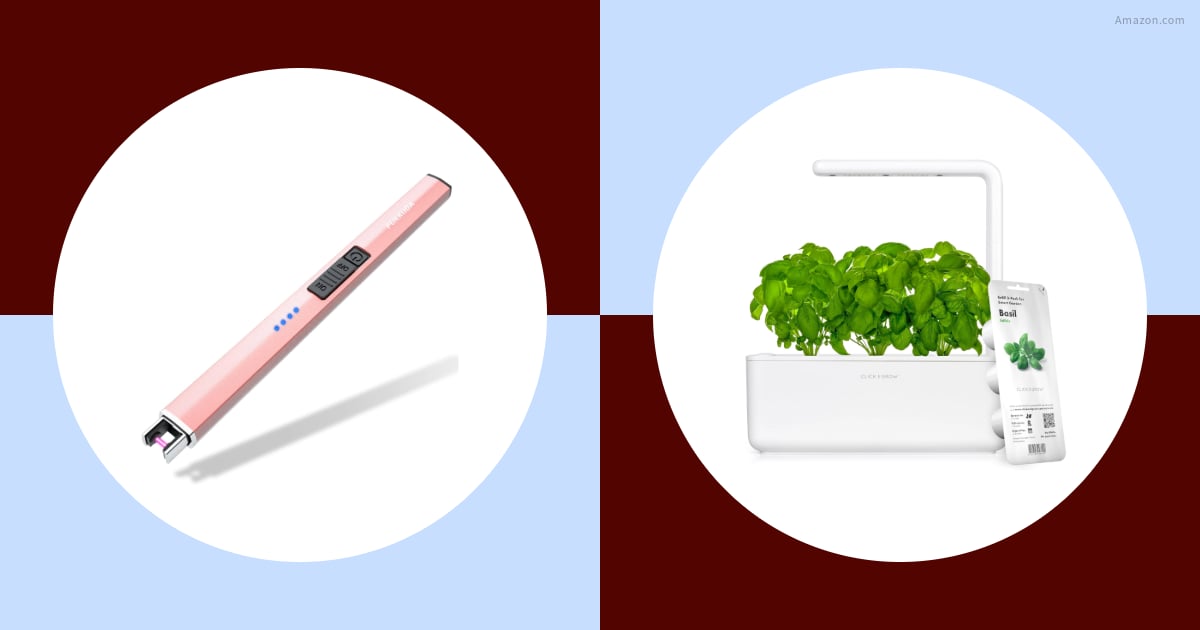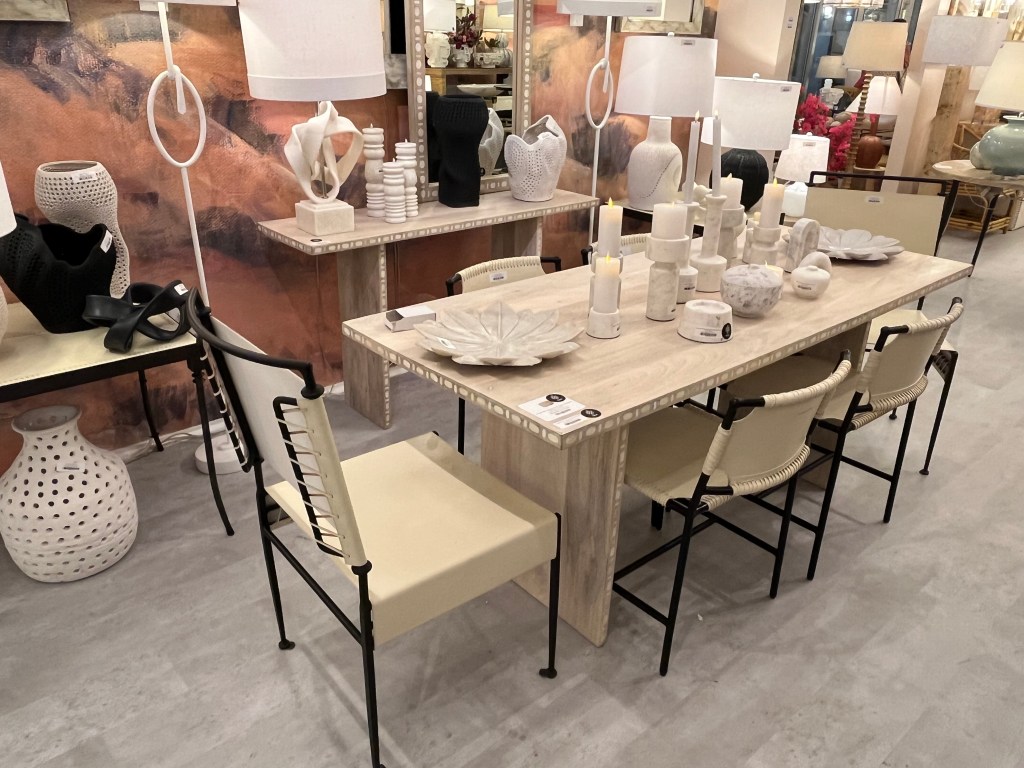We are fortunate to live in a time when women can have it all . . . right? A good career and a loving family is attainable. Yet one of the biggest woman stars in the world has said that when she got pregnant during the height of her fame, she feared she had committed “career suicide.” Despite maternity leave protections and heightened conversations around the importance of working moms, highly successful women still fear the impact starting a family will have on their future in the workplace.
During her speech at The Hollywood Reporter’s annual Women in Entertainment Gala in December, Adele spoke about becoming pregnant with her son, Angelo, during the “pandemonium” that followed her second album, “21,” in 2011. She said, “To many, that would be – and it was – considered career suicide.”
Adele’s accolades since then of course speak for themselves (hello, Las Vegas residency, awards galore, and record-breaking album sales), but her sentiment is not unique. I am a mom of one – my daughter is now 13 months old – and as I read Adele’s words, I feel a strange sense of familiarity.
The day I found out I was pregnant, I was at work. I was producing a photo shoot in London, managing a big, celebrity-led project that I had been working on for weeks on end to make sure everything went perfectly. I was in my element, working in a fast-paced role that I had spent my entire life working toward. Honestly, I was thrilled. And for the next 12 weeks, I was in that little bubble of secrecy where no one knew I was expecting and work continued as normal.
POPSUGAR Photography / Jenny Francis
Eventually, I started to tell people, and that’s when my mindset began to shift. After revealing our news, initial responses of “Oh, how lovely” would often be followed by: “What did your work say when you told them? How did work take it? How are you feeling about leaving work for a year?”
Suddenly, my little baby bubble burst, and things became real. Instead of thinking about the fact that an era of motherhood was about to begin, I started thinking about how my career would end. What was my work going to say? What was a year of maternity leave going to do to my career? How was I going to stay relevant in a competitive industry with so many others willing to take over? I quickly began to panic.
I started full-time employment back in my 20s, and I’d never for a moment taken time away from focusing on my career. I’d given everything to it, and now I was in a job I loved, yet here I was about to leave it for an entire year and risk it not being there in the same way when I returned. I would lie in bed at night worrying that people would forget me; that a younger, more excitable, not-about-to-get-pregnant-any-time-soon replacement would sweep in and take over and that I’d become uncool and irrelevant very quickly.
I hated myself for thinking this. I was so excited to be a mom, so why didn’t I feel more confident in myself?
I remember telling my colleagues, and they were thrilled for me. If anything, they seemed unsurprised and unfazed by my news. But despite their support, I still felt like I couldn’t take the year off I was entitled to. Less for financial reasons, and more for the sole reason that I needed to keep my foot in the door.
I told them I’d probably return after nine months and that I would manage a large project for them while on maternity leave, hoping that by taking on work from home, I would stay relevant. And I did. Despite the fact that when my beautiful baby arrived I fully embraced that chaos that is motherhood, I couldn’t shake the feeling that I needed to dip into work.
I planned the huge event during nap times and hosted it for three nights – the first three nights I had away from my baby – while breastfeeding, which meant a lot of pumping breastmilk in the toilet as I posted Instagram footage with my spare hand.
It was that event, however, that made me stop and realize that having a baby didn’t need to mean career suicide. The event itself was full of highly successful women, and nearly 50 percent had children themselves. Every one of them stopped to tell me how amazed they were that I had pulled this off while on maternity leave. My women bosses, who were also at the event, were the most championing of them all.
It was these other women who made me think, “Of course! Of course starting a family doesn’t have to mean the end of my career. It might mean the juggle is real, and things might be tougher, but it certainly doesn’t mean it’s over.”
And Adele had a similar realization. She said in her speech, “Always one to go against the grain, it was there and then that I chose to reject the scarcity of success and the idea that you have to be constantly relevant to be successful. Perhaps, just maybe, I could be a hit both on and off the stage. And you’ll never guess what: I fucking got away with it.”
Adele said her work-life balancing success came down to other women in the industry setting a precedent. “It’s because of them that I have every right to be the boss at work and the boss at home,” she added.
Anna Mathur, psychotherapist and author of the bestselling book “Raising a Happier Mother,” says this career vs. motherhood panic is all too common. “It’s often because, these days, women put their all into their careers, then they become mothers and they want to put their all into that, too,” she tells POPSUGAR. “And that is a confusing and anxiety-inducing thing because they feel like that isn’t possible – so they can’t imagine how it’s going to work.”
The notion of years past that it takes a village to raise a child doesn’t exist like it used to, either. “Mothers living close by to parents and wider family is less assumed and grandparents are having to work later into life, or are older so moms can’t see that support network that is going to help them return to work successfully,” Mathur says. “Society and workplaces need to change the narrative to make women feel like it is possible to do both.”
The charity Pregnant Then Screwed campaigns for change and support to combat discrimination against pregnant people in the workplace. “Parents often hide the challenges of home at work in order to be seen as more present in the workplace, often out of fear of being dismissed or displaced,” Mathur adds. “But those who are understood and given a sense of trust, autonomy, and flexibility are far more likely to thrive in both the home and the workplace. When parents feel unsupported and untrusted, resentment and burnout can occur.”
“Be kind to yourself and don’t expect your brain to click straight back into gear after maternity leave.”
But what about the mindset of women – how can they help prepare themselves to feel like they can achieve this balance? Mathur says, “The main thing is to speak to your employer to find out what they have in place to allow you to give your best to both your work and your home life. If they don’t have anything, speak to other women in the workplace and friends and family because often, they can empower you with tips and encouragement.”
Mathur also explains that new moms should lean into the juggle. “Talk about it at work, don’t try and hide it, because it can be that you get more support and understanding than you think. Plus, it is way less exhausting mentally than trying to pretend it doesn’t exist,” Mathur says.
“Be unashamed in speaking about the logistical curveballs so that you can be clear about what you need from your employer,” Mathur adds. “Also, be kind to yourself, and don’t expect your brain to click straight back into gear after maternity leave. Take rest when you can, and communicate to your partner about splitting childcare so you both get some time for yourselves.”
Adele “fucking got away with it,” so here’s to the rest of us following suit.




